Navigating The Future Of Server Infrastructure: Exploring The Potential Of Windows Server And Docker In A Linux Environment
Navigating the Way forward for Server Infrastructure: Exploring the Potential of Home windows Server and Docker in a Linux Surroundings
Associated Articles: Navigating the Way forward for Server Infrastructure: Exploring the Potential of Home windows Server and Docker in a Linux Surroundings
Introduction
With nice pleasure, we’ll discover the intriguing subject associated to Navigating the Way forward for Server Infrastructure: Exploring the Potential of Home windows Server and Docker in a Linux Surroundings. Let’s weave attention-grabbing data and supply recent views to the readers.
Desk of Content material
Navigating the Way forward for Server Infrastructure: Exploring the Potential of Home windows Server and Docker in a Linux Surroundings
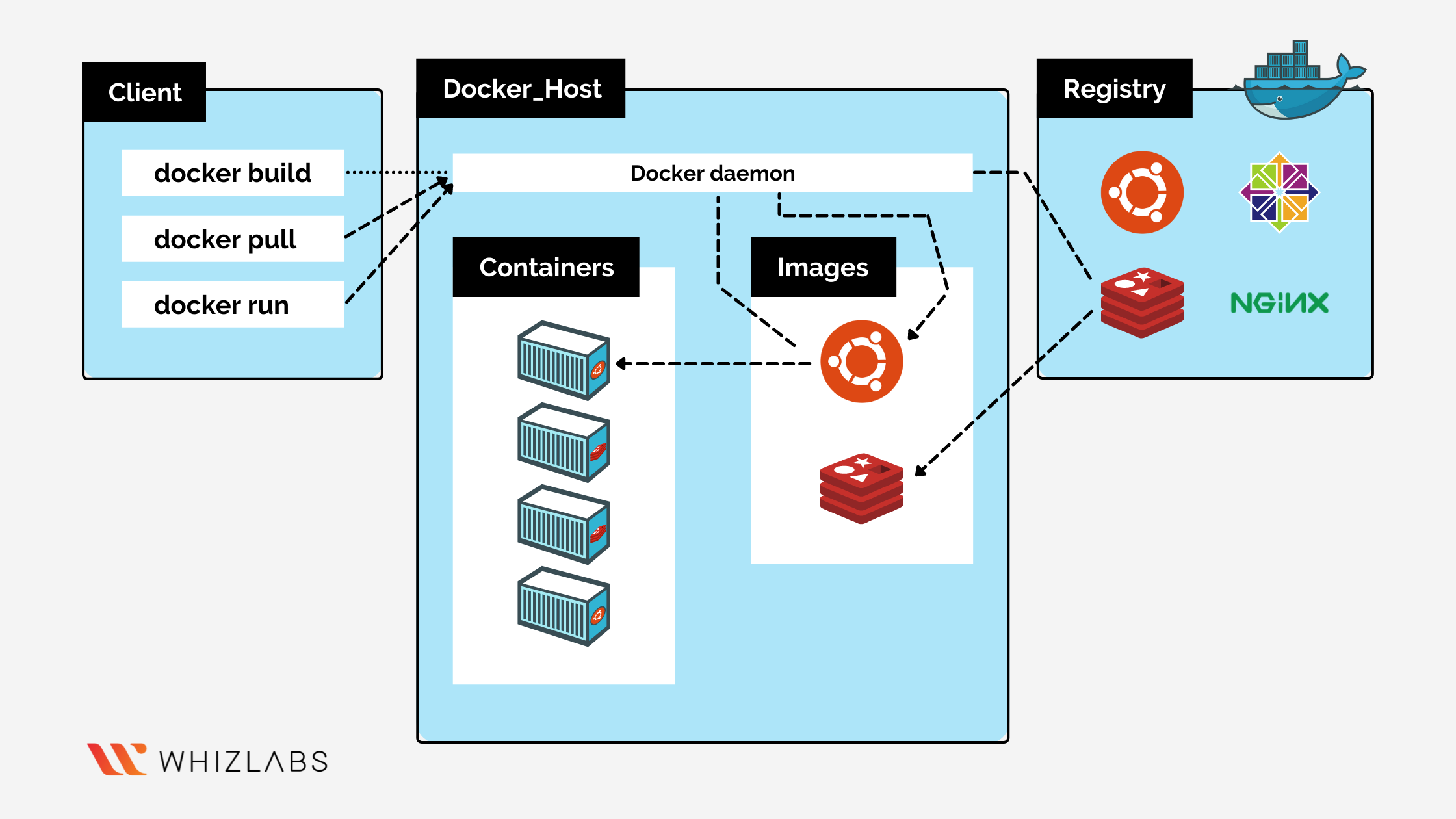
The panorama of server infrastructure is consistently evolving, pushed by the relentless pursuit of effectivity, scalability, and cost-effectiveness. Whereas conventional server architectures have served us properly, the rise of cloud computing and containerization applied sciences has ushered in a brand new period of flexibility and agility. This paradigm shift has led to elevated curiosity in exploring the synergy between Home windows Server and Docker inside a Linux atmosphere.
Whereas Home windows Server 2025 just isn’t but a launched product, the idea of working Docker containers on a Home windows Server working system inside a Linux atmosphere is a extremely related and intriguing risk. This method leverages the strengths of each platforms, doubtlessly opening up new avenues for software deployment and administration.
Understanding the Fundamentals
Earlier than diving into the intricacies of this potential situation, let’s set up a transparent understanding of the important thing gamers concerned:
- Home windows Server: Microsoft’s server working system, famend for its sturdy safety features, enterprise-grade administration instruments, and compatibility with a variety of functions.
- Docker: An open-source platform that allows the packaging and deployment of functions inside containers. Docker containers supply portability, isolation, and useful resource effectivity, simplifying software growth and deployment.
- Linux: A broadly used open-source working system recognized for its stability, flexibility, and intensive command-line interface. Linux is the muse for a lot of cloud platforms and server environments.
The Convergence of Home windows Server and Docker in a Linux Surroundings
The concept of integrating Home windows Server with Docker inside a Linux atmosphere just isn’t an easy activity. It requires a deeper understanding of the underlying applied sciences and the challenges concerned.
Challenges and Issues
- Compatibility and Integration: Home windows Server and Linux are distinct working programs with totally different core functionalities and underlying architectures. Reaching seamless integration requires cautious consideration of compatibility points, significantly by way of system calls, libraries, and community protocols.
- Useful resource Administration: Working Docker containers on Home windows Server inside a Linux atmosphere introduces complexities in useful resource administration. Correctly allocating sources, guaranteeing container isolation, and optimizing efficiency require cautious planning and configuration.
- Safety Issues: Safety is paramount in any server atmosphere. Implementing safety measures that span each the Home windows Server and Linux environments, whereas guaranteeing container isolation and integrity, is essential.
Potential Advantages and Purposes
Regardless of the challenges, the potential advantages of this method are vital:
- Enhanced Flexibility and Portability: Working Home windows Server functions inside Docker containers on a Linux platform affords elevated flexibility and portability. This permits deployment throughout various environments, together with cloud platforms and hybrid deployments.
- Improved Useful resource Utilization: Docker containers may be designed to optimize useful resource utilization, permitting for extra environment friendly deployment of functions and providers. This could result in value financial savings and improved efficiency.
- Simplified Utility Administration: Docker simplifies software deployment and administration, offering a constant and automatic method to container lifecycle administration.
Potential Purposes
This method might be significantly useful for:
- Legacy Utility Modernization: Migrating current Home windows Server functions to Docker containers inside a Linux atmosphere can modernize legacy functions, enhance their efficiency, and prolong their lifespan.
- Hybrid Cloud Deployment: This setup facilitates hybrid cloud deployment methods, enabling seamless integration between on-premises infrastructure and cloud platforms.
- Microservices Structure: Docker containers can be utilized to implement microservices architectures, permitting for the event and deployment of modular, unbiased providers.
FAQs
Q: Is it attainable to run Home windows Server functions inside Docker containers on a Linux host?
A: Whereas it’s attainable to run Home windows Server functions inside Docker containers on a Linux host, it requires particular configurations and issues. Docker for Home windows permits for the creation of Home windows containers, which may be run on a Home windows host. Nonetheless, working these containers on a Linux host requires a digital machine working Home windows Server.
Q: What are the safety implications of working Home windows Server functions in a Linux atmosphere?
A: Safety is a important concern. It’s important to implement sturdy safety measures, together with community segmentation, entry management, and container safety options, to mitigate potential vulnerabilities.
Q: What are the efficiency implications of working Home windows Server functions in a Linux atmosphere?
A: Efficiency may be impacted by the virtualization overhead and potential compatibility points. Cautious optimization and useful resource allocation are essential for reaching optimum efficiency.
Suggestions for Success
- Thorough Planning and Testing: Prioritize thorough planning and testing to handle potential compatibility points, efficiency bottlenecks, and safety vulnerabilities.
- Use of Docker for Home windows: Leverage Docker for Home windows to create and handle Home windows containers, enabling their deployment on a Home windows host.
- Virtualization Options: Discover virtualization options like VirtualBox or VMware to create a Home windows Server atmosphere inside a Linux host.
- Container Orchestration Instruments: Make the most of container orchestration instruments like Kubernetes or Docker Swarm to handle and scale containerized functions.
Conclusion
The potential for working Home windows Server functions inside Docker containers on a Linux atmosphere presents a compelling alternative to reinforce server infrastructure flexibility, portability, and useful resource effectivity. Whereas challenges stay, the advantages and potential functions are vital. Because the know-how panorama continues to evolve, exploring these modern approaches will likely be essential for organizations searching for to optimize their server environments and adapt to the calls for of recent software growth and deployment.

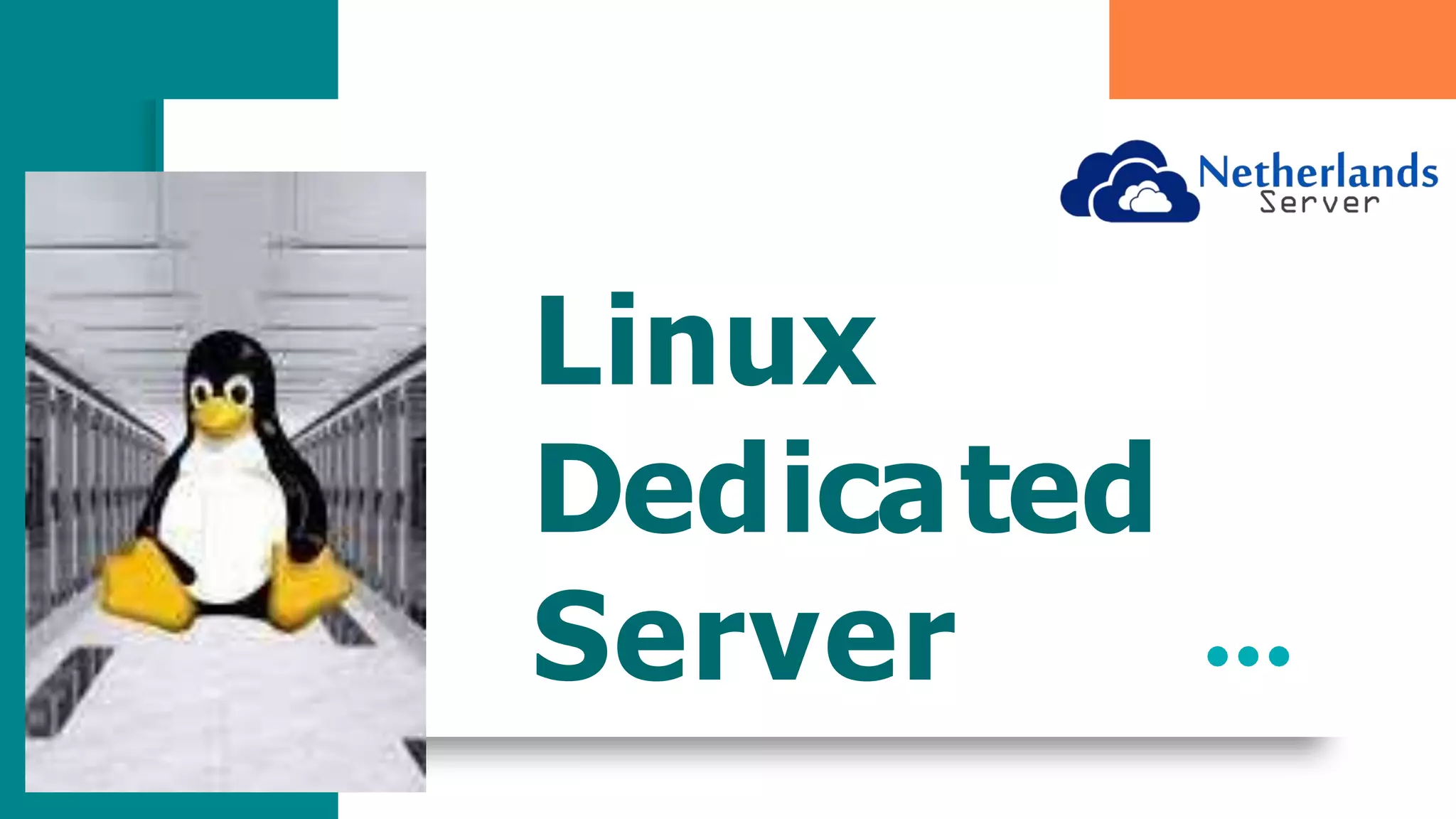
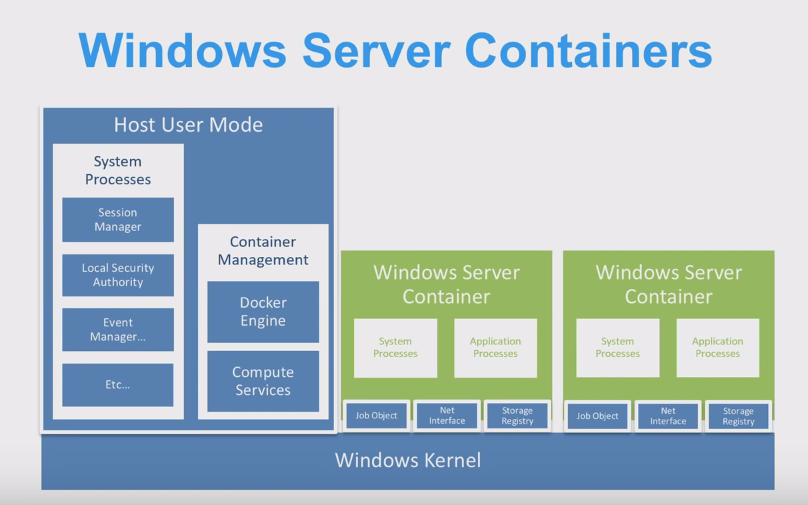
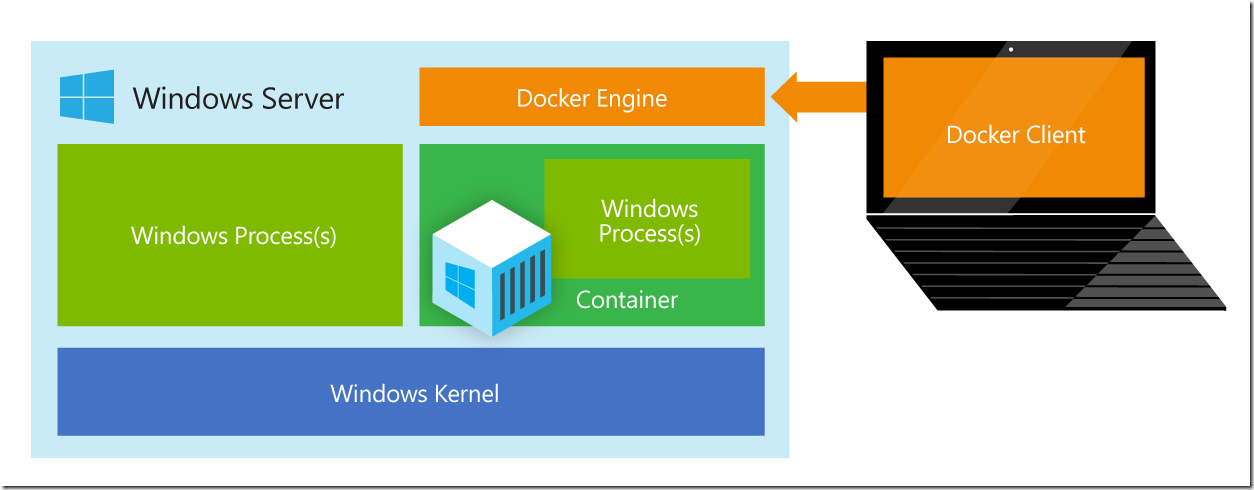
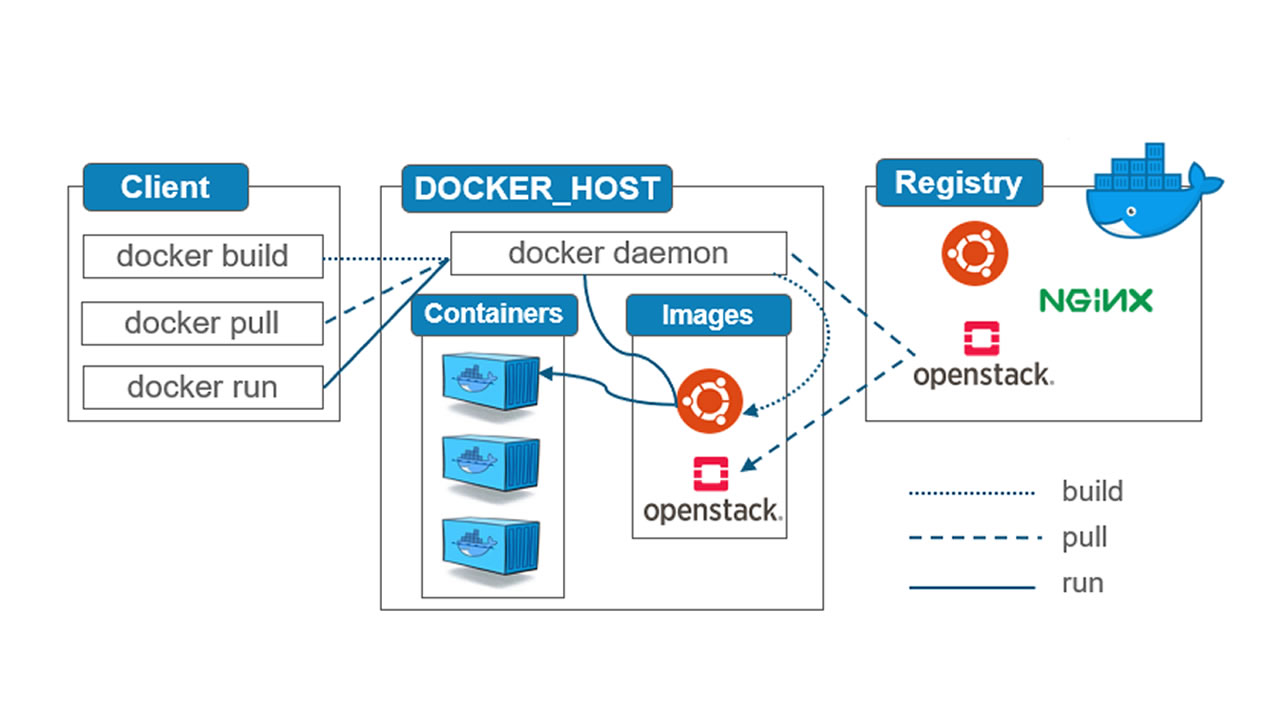
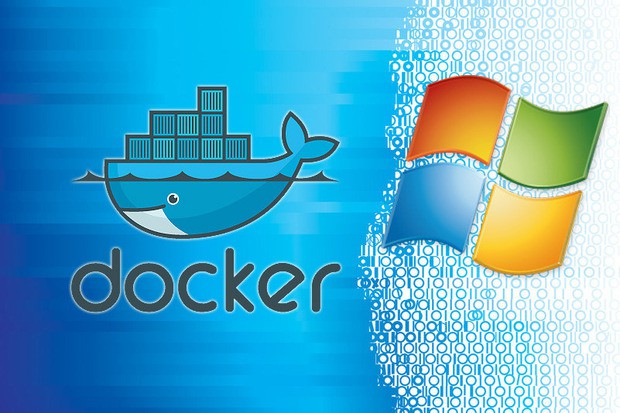
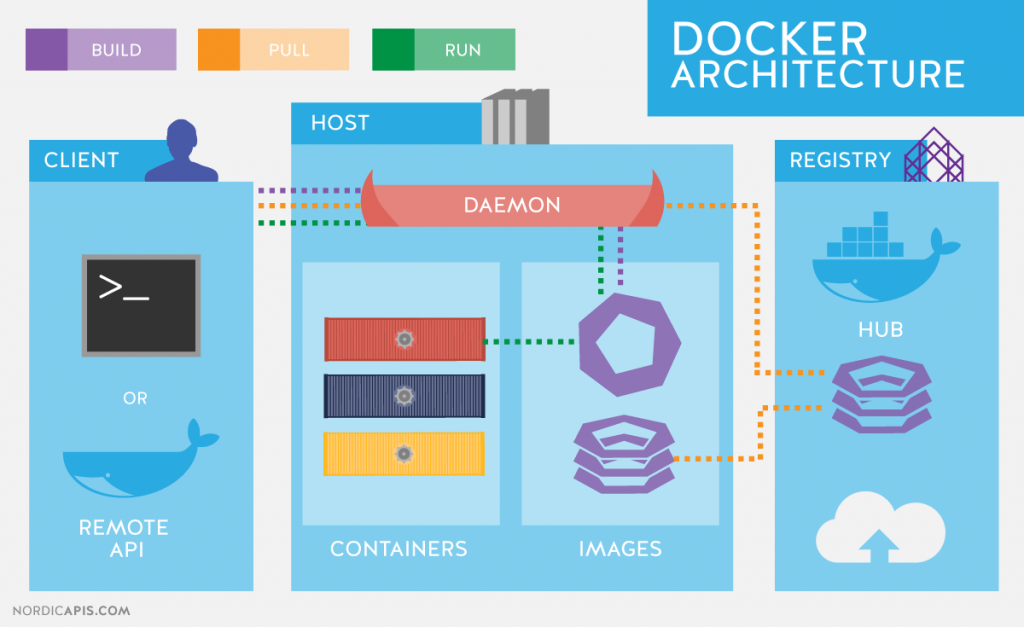
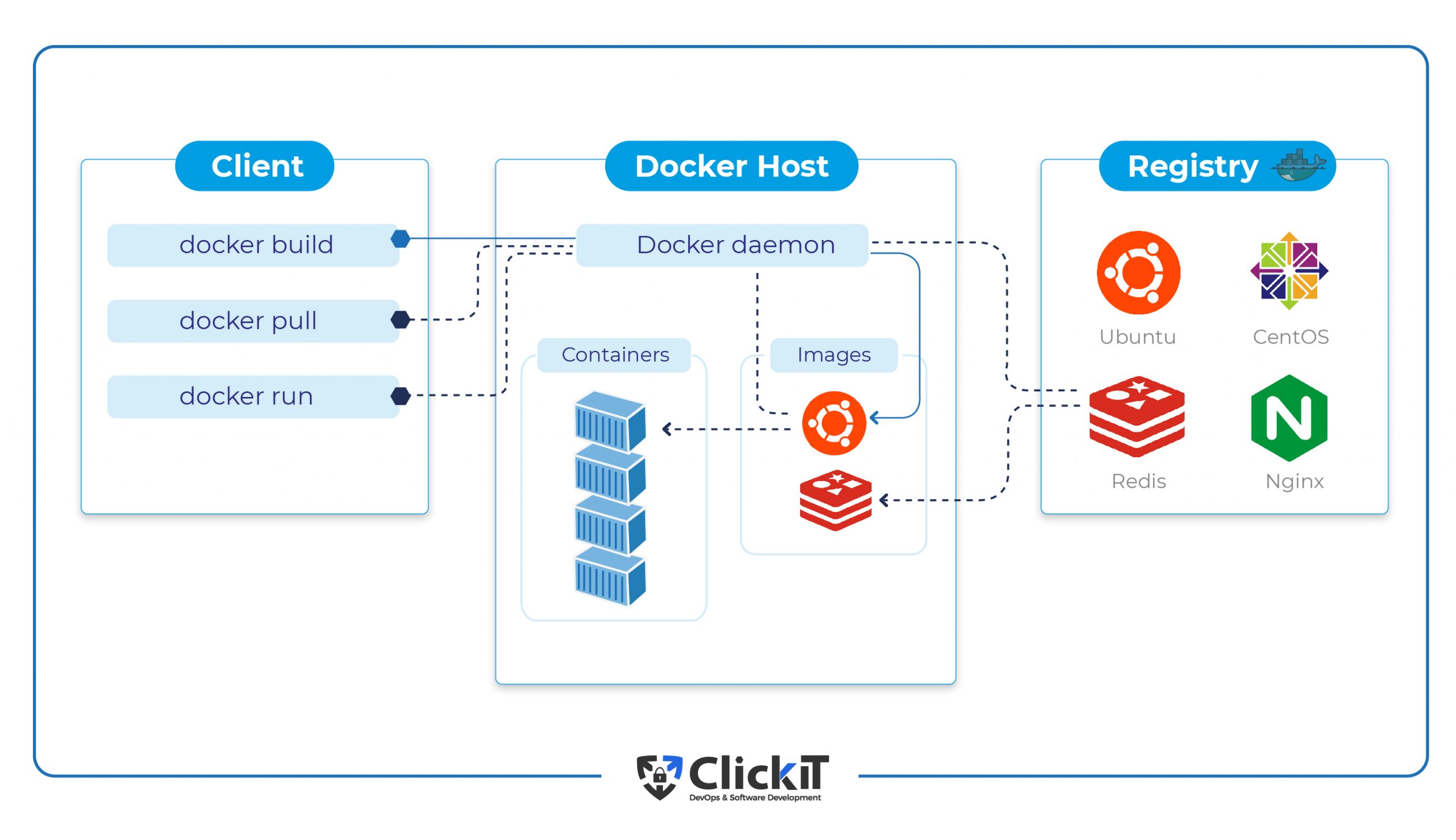
Closure
Thus, we hope this text has offered invaluable insights into Navigating the Way forward for Server Infrastructure: Exploring the Potential of Home windows Server and Docker in a Linux Surroundings. We hope you discover this text informative and useful. See you in our subsequent article!